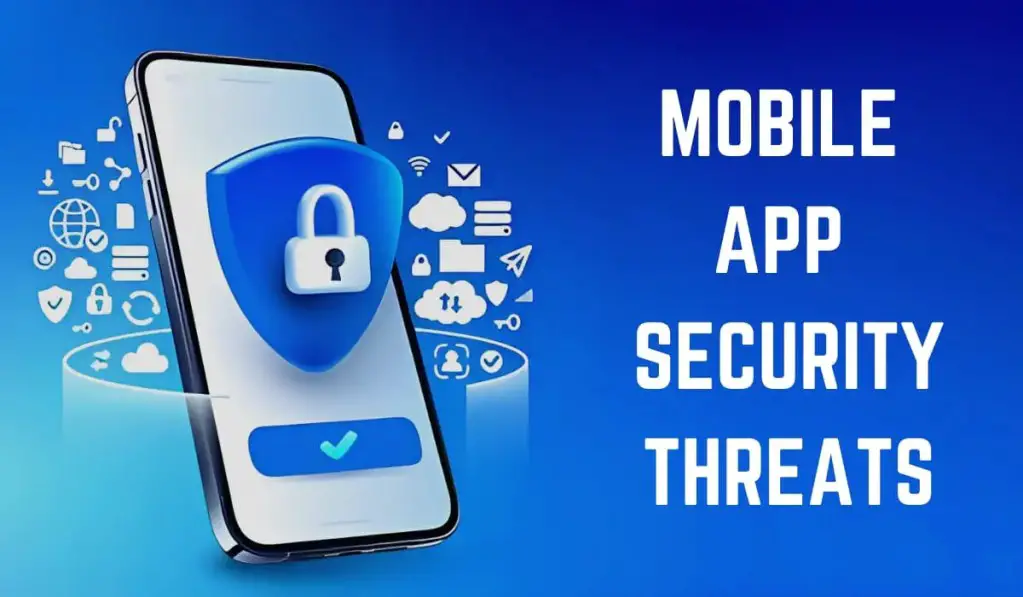Ethical hacking, also known as penetration testing or white-hat hacking, is a crucial practice aimed at evaluating the security of computer systems, networks, and applications with the explicit permission of the organization or individual being tested. The importance of ethical hacking lies in its ability to proactively identify vulnerabilities and weaknesses in information systems, thereby enhancing overall cybersecurity. By simulating real-world cyber attacks, ethical hackers help organizations identify and rectify potential security loopholes before malicious actors can exploit them. This proactive approach not only safeguards sensitive data but also prevents financial losses, reputational damage, and legal ramifications that may result from unauthorized breaches. Ethical hacking fosters a culture of continuous improvement in cybersecurity measures, ensuring that organizations stay ahead of evolving threats in the digital landscape. Furthermore, ethical hacking plays a pivotal role in compliance with industry regulations and standards, providing assurance to stakeholders and customers regarding the confidentiality, integrity, and availability of their information. In essence, ethical hacking is indispensable for maintaining a robust and resilient cybersecurity posture, promoting trust in digital ecosystems, and safeguarding the interconnected nature of our modern technological infrastructure.
In an era dominated by technology, the digital landscape has become an integral part of our daily lives, influencing everything from communication to business transactions. However, with the increasing reliance on digital platforms comes the heightened risk of cyber threats and attacks. In this context, ethical hacking has emerged as a crucial defense mechanism, playing a pivotal role in securing our interconnected world. This article delves into the multifaceted importance of ethical hacking, exploring its role in identifying vulnerabilities, protecting sensitive data, and fortifying the foundations of our digital society.
1. Understanding Ethical Hacking:
Ethical hacking, also known as penetration testing or white-hat hacking, involves authorized professionals simulating cyber attacks on a system, network, or application to identify vulnerabilities. Unlike malicious hackers who exploit these weaknesses for nefarious purposes, ethical hackers use their skills to fortify and enhance security measures. The practice has evolved into a proactive and strategic approach to cybersecurity, helping organizations stay one step ahead of potential threats.
2. Identifying Vulnerabilities:
One of the primary reasons ethical hacking holds immense importance is its role in identifying vulnerabilities within systems and networks. By adopting the mindset of a malicious actor, ethical hackers actively seek weaknesses that could be exploited by cybercriminals. This proactive approach allows organizations to patch these vulnerabilities before they can be leveraged for malicious purposes, preventing data breaches, financial losses, and reputational damage.
3. Protecting Sensitive Data:
In an age where data is often considered more valuable than gold, protecting sensitive information has become paramount. Ethical hacking serves as a critical line of defense against data breaches, ensuring that personal, financial, and corporate data remains secure. By conducting thorough assessments and penetration tests, ethical hackers can help organizations safeguard their databases, intellectual property, and customer information from falling into the wrong hands.
4. Fortifying Network Security:
As the backbone of the digital infrastructure, networks face constant threats from cyber adversaries. Ethical hacking plays a pivotal role in fortifying network security by identifying vulnerabilities in routers, firewalls, and other network components. By conducting simulated attacks, ethical hackers assist organizations in optimizing their network configurations, implementing robust security protocols, and ensuring a resilient defense against evolving cyber threats.
5. Ensuring Regulatory Compliance:
The regulatory landscape surrounding data protection and cybersecurity is continually evolving. Organizations across various industries must adhere to strict regulations to safeguard consumer privacy and maintain the integrity of their operations. Ethical hacking helps in ensuring regulatory compliance by identifying and addressing security gaps that might lead to legal repercussions. This proactive approach not only protects organizations from fines and legal action but also fosters trust with stakeholders and customers.
6. Enhancing Incident Response Preparedness:
In the ever-changing landscape of cyber threats, it is not a matter of if but when an organization will face a cyber attack. Ethical hacking aids in enhancing incident response preparedness by simulating real-world scenarios. By exposing vulnerabilities and weaknesses, ethical hackers enable organizations to refine their incident response plans, minimizing downtime, and reducing the impact of potential breaches.
7. Fostering Innovation in Cybersecurity:
The dynamic nature of cyber threats demands continuous innovation in the field of cybersecurity. Ethical hacking acts as a catalyst for innovation by pushing the boundaries of existing security measures. The insights gained from ethical hacking engagements contribute to the development of advanced security solutions, threat intelligence, and best practices. This iterative process ensures that cybersecurity measures evolve alongside the ever-changing tactics of malicious actors.
8. Building a Robust Cybersecurity Culture:
While technological solutions are essential, building a robust cybersecurity culture within an organization is equally critical. Ethical hacking fosters a proactive approach to security, encouraging employees to be vigilant and informed about potential threats. By conducting regular security awareness training and engaging in ethical hacking exercises, organizations can empower their workforce to be an active part of the cybersecurity defense mechanism.
9. Mitigating Financial and Reputational Risks:
The fallout from a successful cyber attack extends beyond financial losses. The reputational damage incurred can have long-lasting effects on an organization’s standing in the market. Ethical hacking serves as a cost-effective method for mitigating both financial and reputational risks. By investing in proactive security measures, organizations can avoid the hefty financial toll of recovering from a breach and maintain the trust of their customers and partners.
10. Bridging the Talent Gap:
The demand for skilled cybersecurity professionals far exceeds the current supply, resulting in a significant talent gap. Ethical hacking provides a practical avenue for individuals to develop specialized skills in cybersecurity. By fostering a community of ethical hackers, organizations can bridge the talent gap, ensuring a pool of experts capable of defending against sophisticated cyber threats.
Conclusion
In the face of escalating cyber threats, the importance of ethical hacking cannot be overstated. It serves as a linchpin in the defense against malicious actors, offering a proactive and strategic approach to cybersecurity. From identifying vulnerabilities to building a robust cybersecurity culture, ethical hacking plays a pivotal role in safeguarding the digital realm. As organizations continue to navigate the complex landscape of cyber threats, embracing ethical hacking as an integral part of their security strategy is not just prudent – it’s imperative for a secure and resilient future.







Leave a Reply